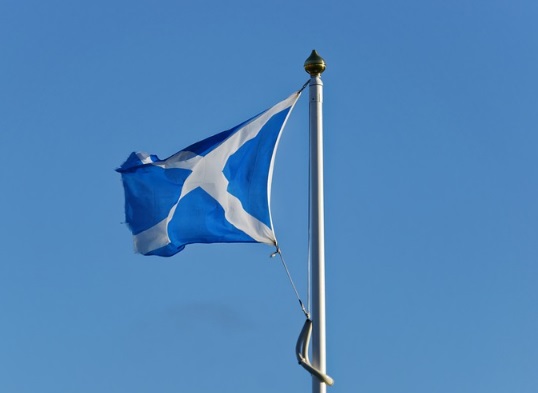Saint Andrews Day falls on 30th November each year. This special day is marked in Scotland by many traditional events celebrating all things Scottish, such as dancing, playing the bagpipes and eating traditional Scottish foods, such as haggis.
St Andrews Day is a voluntary public holiday in Scotland. It is always fun to mark national events in the EFL classroom, so we are using St Andrews Day as a spring board to look at the Scotland’s flag, its national emblem, the Scottish accent and various legends and traditions associated with Scotland. Continue reading



